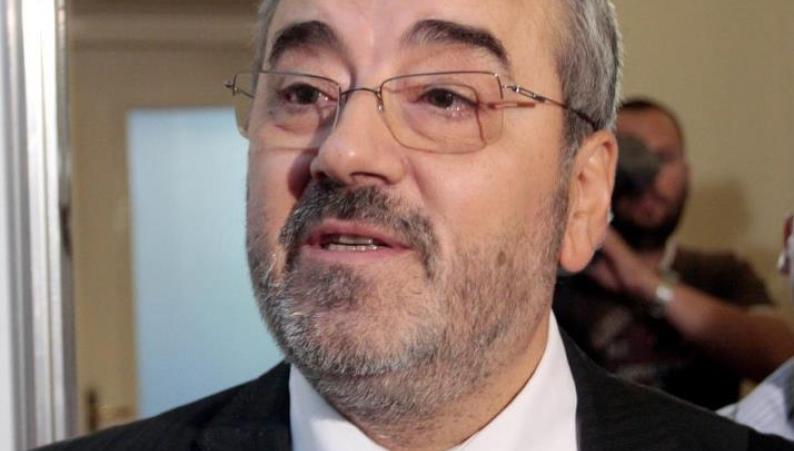/ world today news/ Since 2010, when the State Energy Commission determined the prices of RES, we have been faced with lies from producers of eco-energy. This was stated to BTV by the chairman of the State Environmental Protection Agency, Angel Semerdzhiev. So perished this energy that we currently have 800 megawatts of photovoltaics, with a requirement for 600 megawatts in 2020. Manufacturers lie and mislead people, Semerdzhiev claims.
The green supplement from the first of July does not cover the costs of the inclusion of eco-energy, said the head of the State Energy Commission. The addition of similar capacities to electricity distribution companies was happening at such a pace that they surprised us too. This is done by the three electricity distribution companies and NEK, Semerdzhiev specified. On the first of July, it turned out that we had such a number of connected plants that they were overloading the system. In practice, everyone claims that they have implemented the law, but the technical and financial stability of the system should not be neglected, said the head of the SEWRC.
Because of this, however, the price of electricity will not increase, Semerdzhiev reassured. The access price we introduce will cover the cost of joining. Whoever causes these costs, he will pay for them, the head of the State Environmental Protection Agency is categorical. 1,400 enterprises have been made to pay costs for which they are not responsible, said Penko Penkov, who produces energy from the sun. Is there any business that would take a 40% fee, he asked. According to Penkov, this fee will go directly into the pockets of the three ERPs. However, Semerdzhiev rejected the accusations saying “this is a big lie”. At the moment, the ERPs pay for the green supplement and instead of going to investments in the transmission network, they must cover the increase in costs, the head of the SEWRC is emphatic.
#Green #energy #producers #pay #expensive #electricity
What specific policy changes would you propose to enhance transparency and fairness in the green energy industry in Bulgaria?
Thanks for reaching out to me for this interview. Can you please introduce yourselves and provide your perspective on the conversation surrounding the current state of green energy production in Bulgaria?
Guest 1: Hello, my name is Penko Penkov. I am the CEO of a solar energy production company in Bulgaria. As a representative of the green energy industry, I believe that there is a lot of potential in renewable energy sources, and we should continue to encourage their development. However, I also think that the current policies and regulations surrounding green energy need to be more transparent and fair to all stakeholders involved.
Guest 2: Hello, my name is Angel Semerdzhiev. I am the chairman of the State Environmental Protection Agency in Bulgaria. From my perspective, it’s crucial that we promote the use of renewable energy sources to combat climate change and reduce our reliance on fossil fuels. However, I also believe that there have been some instances where green energy producers have taken advantage of existing policies, leading to unfair circumstances for both them and the consumers.
Interviewer: Thank you both for your input. Can you share your thoughts on the recent statements made by the chairman of the State Environmental Protection Agency regarding green energy producers and the prices they receive for their electricity?
Guest 1: I wasn’t surprised by Mr. Semerdzhiev’s comments. As an energy producer, I have experienced challenges in getting fair prices for the electricity we produce. One of the issues is that the prices for renewable energy sources were set by the State Energy Commission in 2010, and they haven’t been updated since then. Meanwhile, the cost of producing green energy has gone down significantly. This has led to a situation where profits are squeezed, making it difficult for companies like mine to invest and grow.
Guest 2: Well, the important thing to note is that the prices for renewable energy sources are not determined solely by the State Energy Commission. The market plays a significant role as well. It’s true that we need to update the prices, but we also need to ensure that they are sustainable in the long run. If we don’t, we could end up with a system where green energy producers are not motivated to invest in new technologies or improve their efficiency.


